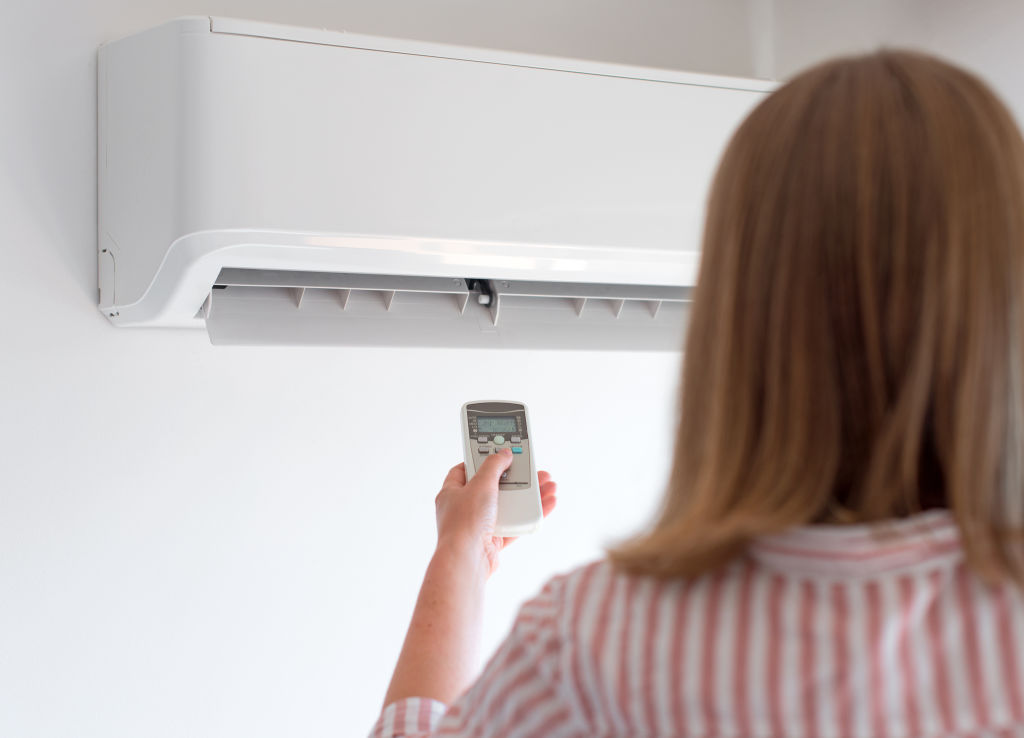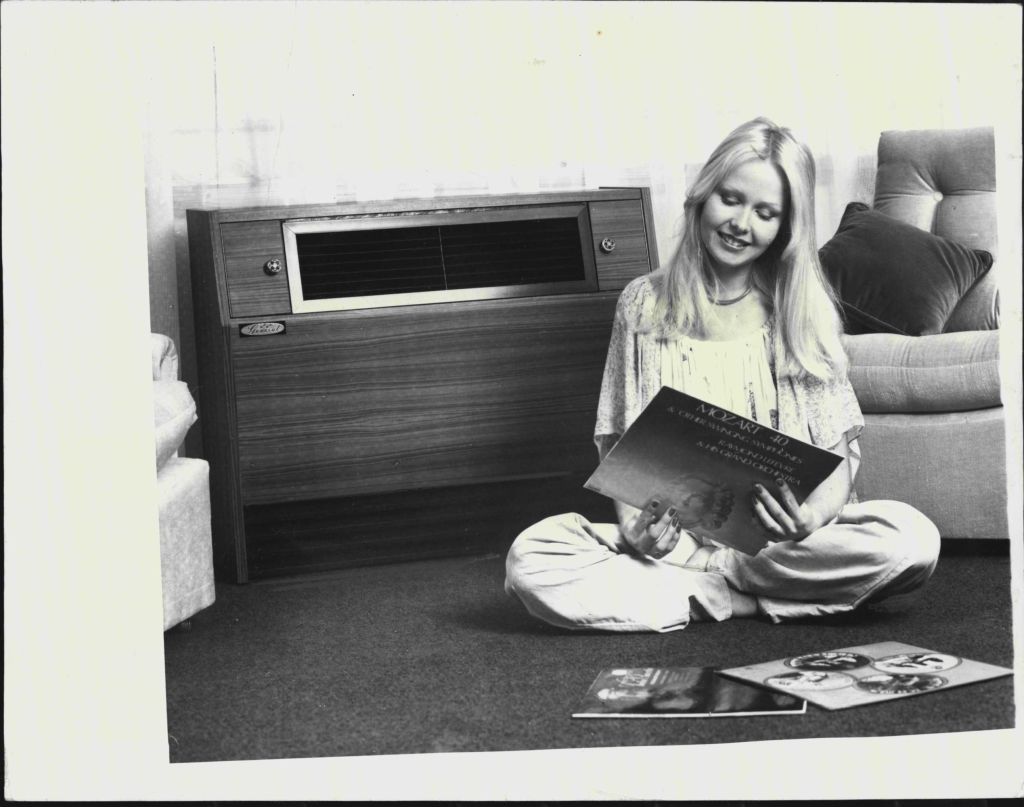Airconditioning's cool breeze turning into higher global temperatures as demand soars

The race is on to improve the humble home airconditioning unit due to fears increasing demand for it could take a significant toll on global temperatures.
With room airconditioning units alone expected to cause a 0.5-degree temperature increase, experts say urgent action needs to be taken to revolutionise the industry before it’s too late.
Enter the Global Cooling Challenge, a competition which has put $US3 million ($4.2 million) in prize money on the table for the next big technology breakthroughs.
The challenge is an initiative of the US-based Rocky Mountain Research Institute, which estimates residential demand for airconditioning will have increased threefold by 2050 and by up to five times in developing nations.
Worldwide there are already about 1.2 billion airconditioning units, with 3.3 billion more expected to be installed in the next three decades alone, as demand increases off the back of temperature and population increases, urbanisation and growing incomes in developing nations.
This would not only put a huge burden on electricity grids already straining at their limits, but could see temperatures rise by half a degree by the year 2100, a report released by the institute last year found – meaning our desire to keep cool could ironically make temperatures worse.

The market is “not moving fast enough to provide a solution at scale”, with the report noting that energy efficiency was only improving incrementally.
Other problems include the trend for customers to opt for the cheaper available units, the lack of competition — two Chinese companies alone manufacture about 35 per cent of units — and the fact that research and development among manufacturers is minimal.
As a result, the institute – in partnership with the Indian government, Germany’s energy agency, not-for-profit organisations, universities and industry associations – is putting the call out for game-changing approaches.
The Global Cooling Prize is looking for technologies that will have at least five times less climate impact than today’s standard cooling solutions.
The competition has caught the eye of Australian experts, with institute senior fellow Iain Campbell last month delivering a keynote address and prize workshop at an industry conference in Melbourne.
It sparked the interest of engineer Bill Ellul, chief executive of Rotary Heat Exchangers, who was among the dozens of experts who attended.
“There was a lot of interest in the prize basically because it’s been well understood that airconditioning is causing a lot of climate-change issues,” Mr Ellul told Domain.
Mr Ellul is considering entering the competition and hoped Australian companies and innovators would do the same. He said with low efficiency and cheap airconditioning units becoming more prevalent worldwide, it was vital that a solution was found.
“The efficiency hasn’t changed that much [since airconditioning was introduced]. The technology hasn’t changed that much. [They’ve] proposed a solution of trying to find the technology that will drag us out of this quagmire,” Mr Ellul said.
“We all know about the problems of a 1.5 and 2-degree rise, half a degree is very significant – that’s 25 per cent from airconditioning alone … never mind everything else so it is hugely important to solve this problem,” he said.
Applications for the Global Cooling Prize will be open until August 31. The top 10 finalists will be revealed around November, with the final winner announced in 2020.
We recommend
States
Capital Cities
Capital Cities - Rentals
Popular Areas
Allhomes
More







